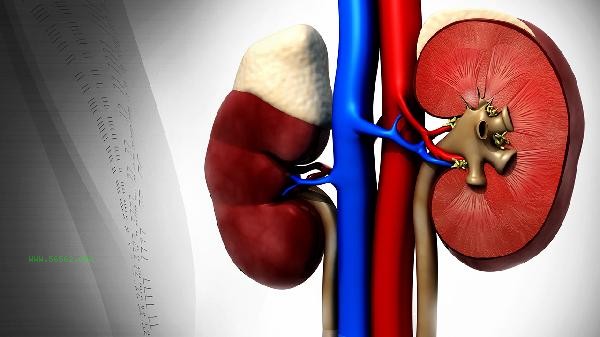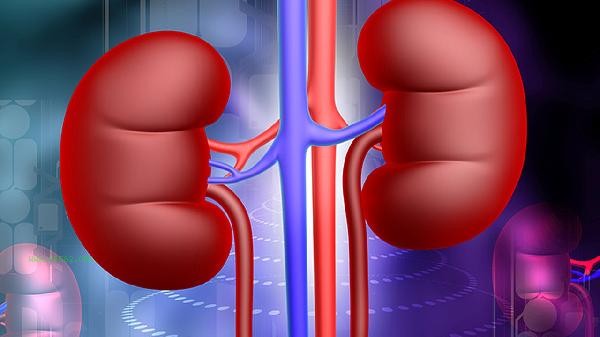After taking Shenbao tablets, mild reactions such as dry mouth, dizziness, or gastrointestinal discomfort may occur, and in severe cases, allergies or liver and kidney dysfunction may occur. As a traditional Chinese patent medicines and simple preparations, Shenbao Tablet is mainly used to regulate yin and yang, warm yang and tonify the kidney. The common reactions are related to individual differences, dosage, drug composition, basic diseases, incompatibilities and other factors.

1. Individual differences
There are differences in drug tolerance among different constitutions, and some populations may experience allergic reactions such as skin itching or rash due to sensitive constitutions. Those who take warm and tonic traditional Chinese patent medicines and simple preparations with yin deficiency and excessive fire are prone to symptoms of burning, such as oral ulcer, constipation, etc. It is recommended to consult a traditional Chinese medicine practitioner for diagnosis and treatment before medication. People with allergies should be informed in advance [SEP]. Excessive use of
may lead to drug accumulation and poisoning, manifested as nausea, vomiting, or drowsiness. Shenbao tablets contain multiple traditional Chinese medicinal herbs, and long-term high-dose use may increase the metabolic burden on the liver and kidneys. Strictly follow the doctor's advice to control the medication cycle and avoid increasing the dosage on your own.
3. The ingredients such as Fructus Psorale and Epimedium in the
formula may stimulate the gastrointestinal mucosa and cause bloating and diarrhea. Some people are sensitive to ingredients such as Polygonum multiflorum and may experience elevated transaminase levels. If jaundice or darkened urine color occurs during medication, the medication should be stopped immediately and medical attention sought.
4. Basic disease

Hypertension patients have an increased risk of blood pressure fluctuation after taking it. diabetes patients need to be alert to the effects of sugar containing excipients on blood sugar. Chronic kidney disease patients may experience elevated blood drug concentrations due to medication excretion disorders. Individuals with underlying diseases must use it under the supervision of a doctor.
5. Compatibility contraindications
Combination with hypoglycemic drugs may enhance the hypoglycemic effect, while co administration with diuretics can easily cause electrolyte imbalances. During medication, avoid consuming detoxifying foods such as radish and strong tea. Combination therapy requires an interval of at least two hours. During the period of taking Shenbao tablets, it is recommended to maintain a light diet, increase water intake in moderation to promote metabolism, and avoid spicy and high-fat foods. If symptoms such as persistent headache, palpitations, or edema occur, medication should be stopped promptly and medical examination should be sought. After two weeks of medication, if the symptoms do not improve, the syndrome differentiation needs to be re evaluated. Pregnant women, children, and patients with acute disease attacks are prohibited from using it. Moderate exercise such as Ba Duan Jin can be used in daily life to assist in regulating kidney qi, but it cannot replace medication treatment.









Comments (0)
Leave a Comment
No comments yet
Be the first to share your thoughts!